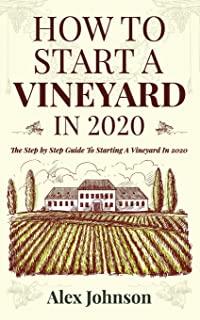
Gilmer, Maureen
product information
description
6This book blends numerous areas of interest: First is the basic how-to of desert gardening: heat, soils, water and wind. Second is the exploration of Palm Springs architecture from Spanish to Mid-century modern and how outdoor gardens are made to work with these styles. Third is a detailed presentation of the plants that will thrive here under ordinary care, and are naturally adapted to the dry climates of Australia, Mexico, Africa and South America. Rather than group plants by trees, shrubs and perennials as most books are laid out, Palm Springs Gardening organizes plants according to their botanical associations and their aesthetic onesso readers go straight to the kinds of plants they find most appealing. For example, if you want to find the tropical-looking shrubs for your low desert garden, you go to the Tropicals section where they are grouped together for considerationno sifting through lots of other shrubs that would not be suitable. The author also considers the aesthetic vernacular of local architecture and the plants that are best used with each one. This includes the 1920/30s Spanish that's typical of old Palm Springs, which is linked to tropicals; the newly reconsidered mid-century modern style, linked to the Southern Africa succulents; the Bighorn-natural style that evokes Arizona cliff dwellings that works well with North American natives; and the desert modern (thick-mud-wall-rustic) keyed into a wide range of desert traditional plants. Beautiful locations throughout the region offer a great deal of diversity, so that the book covers the full range of interests. They include public places with garden interest, including Moorten Botanical Garden, The Living Desert, and outdoor garden galleries such as The Gardens at El Paseo.
member goods
No member items were found under this heading.
Return Policy
All sales are final
Shipping
No special shipping considerations available.
Shipping fees determined at checkout.







